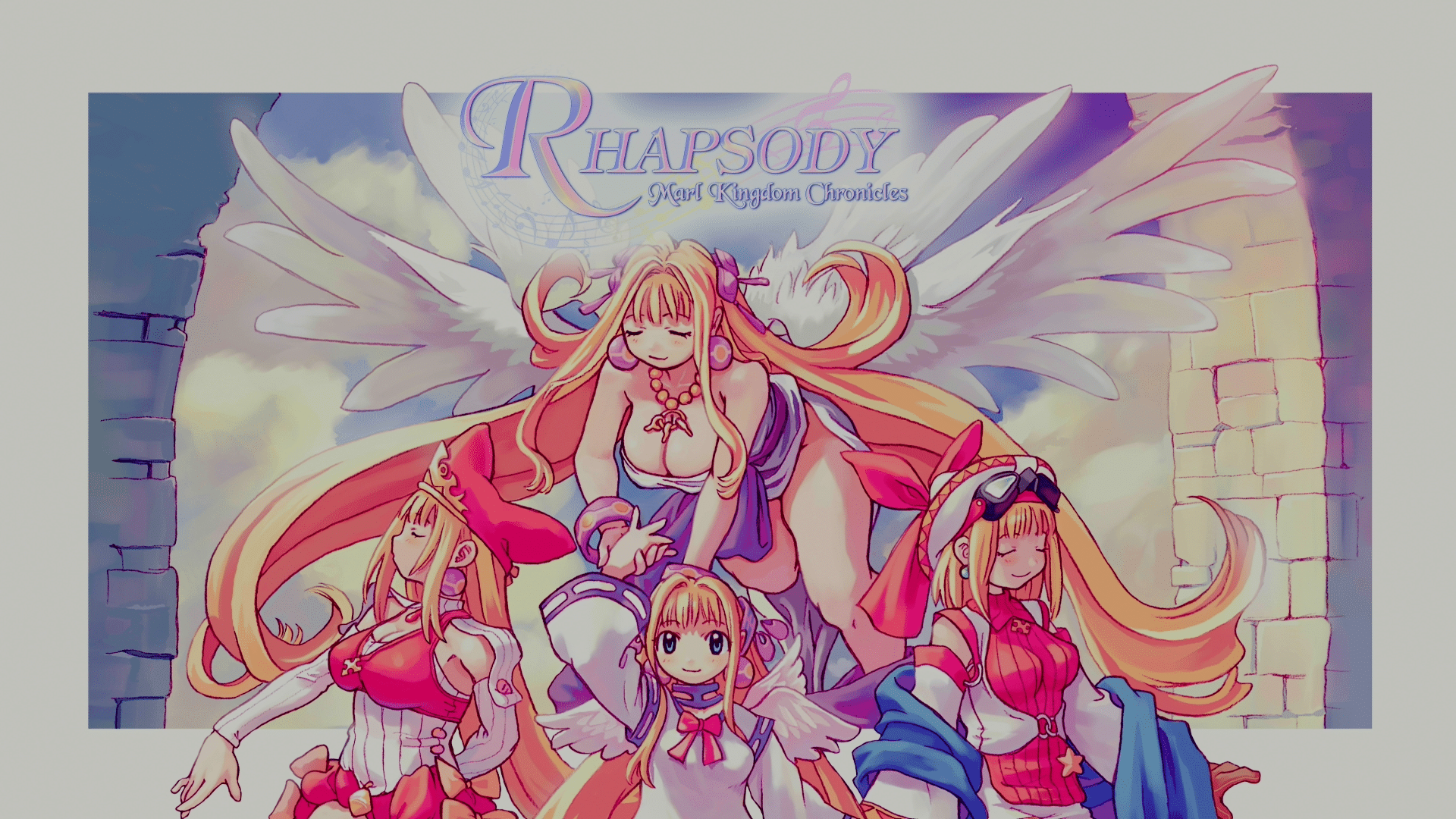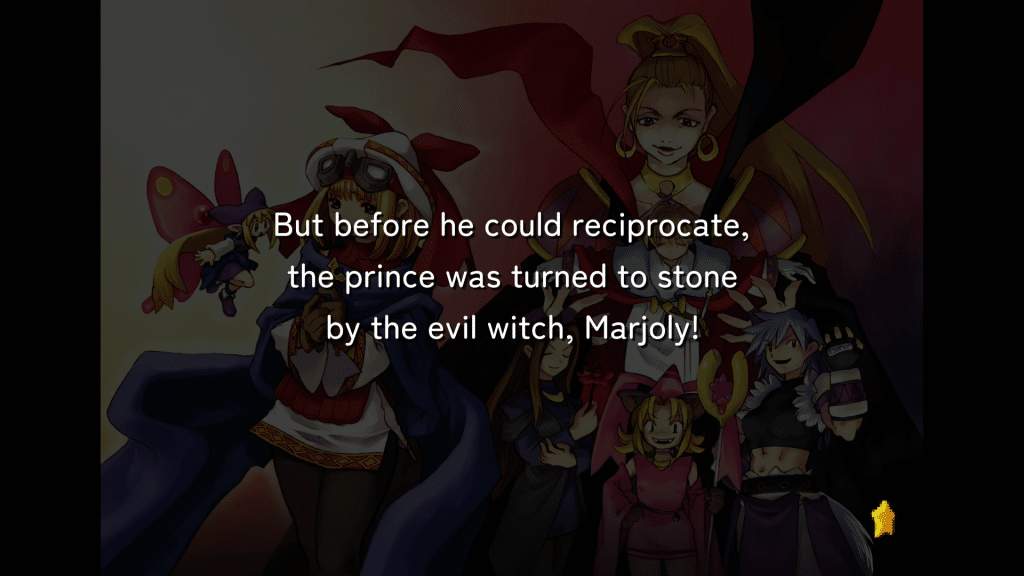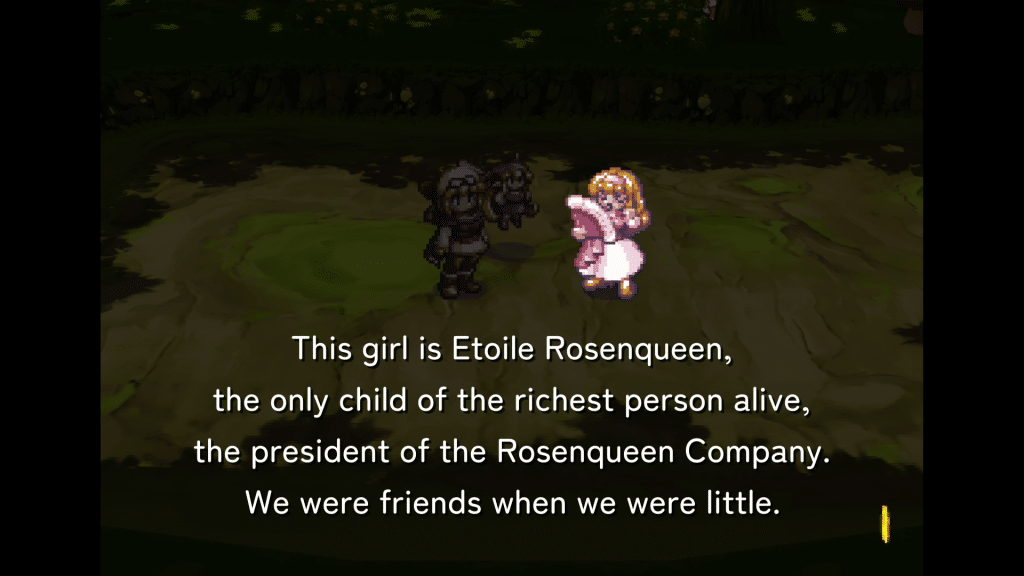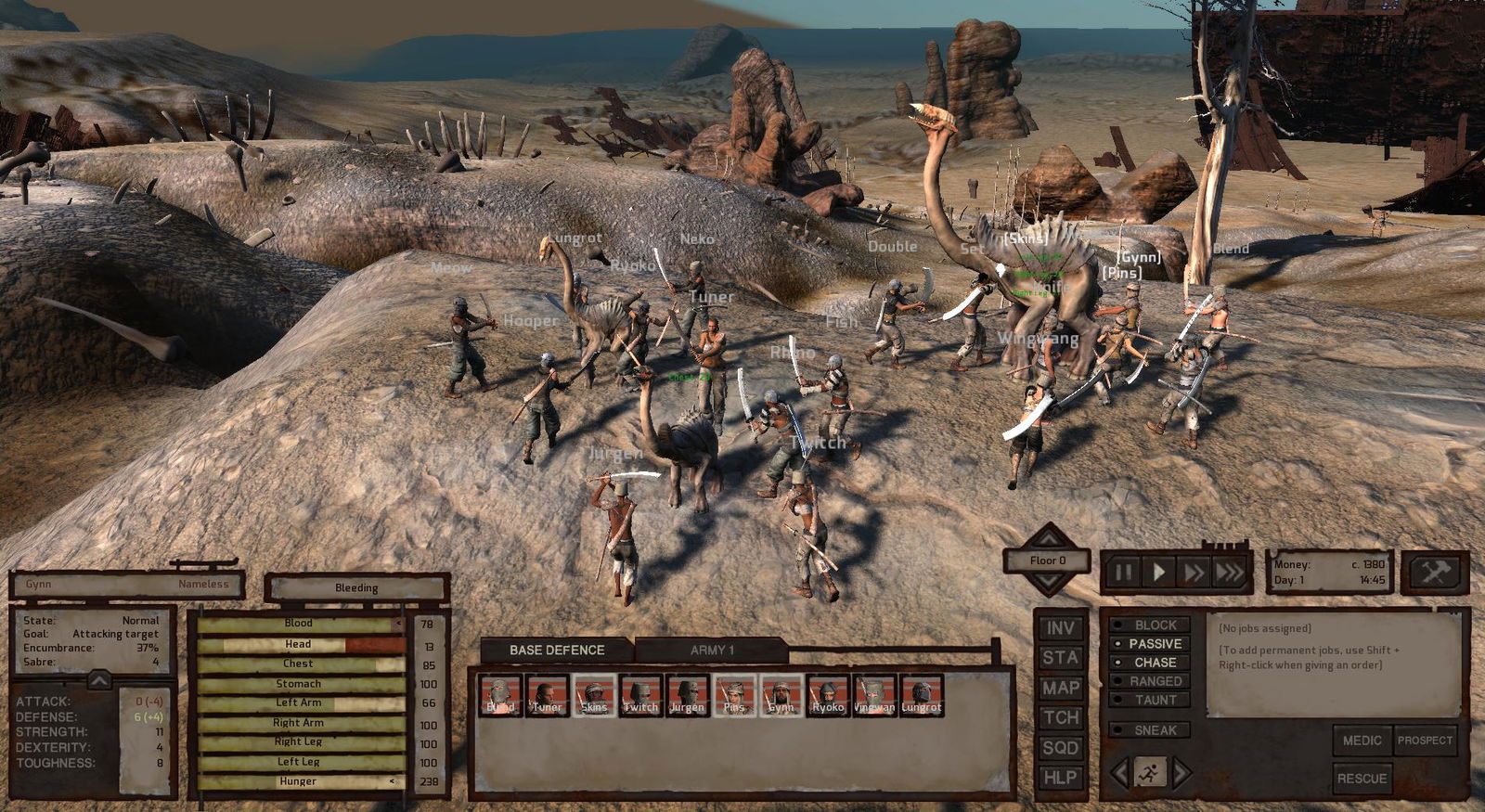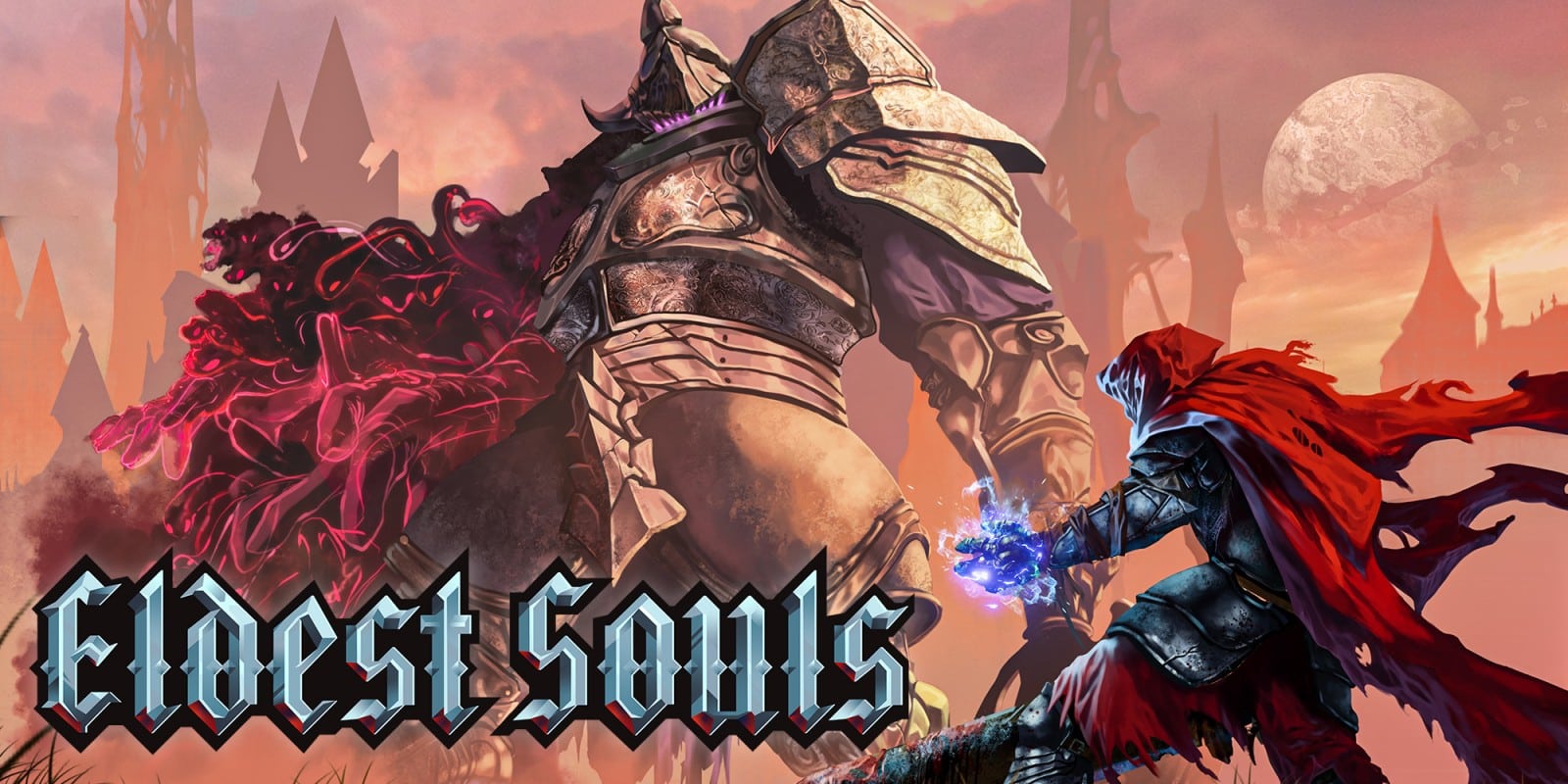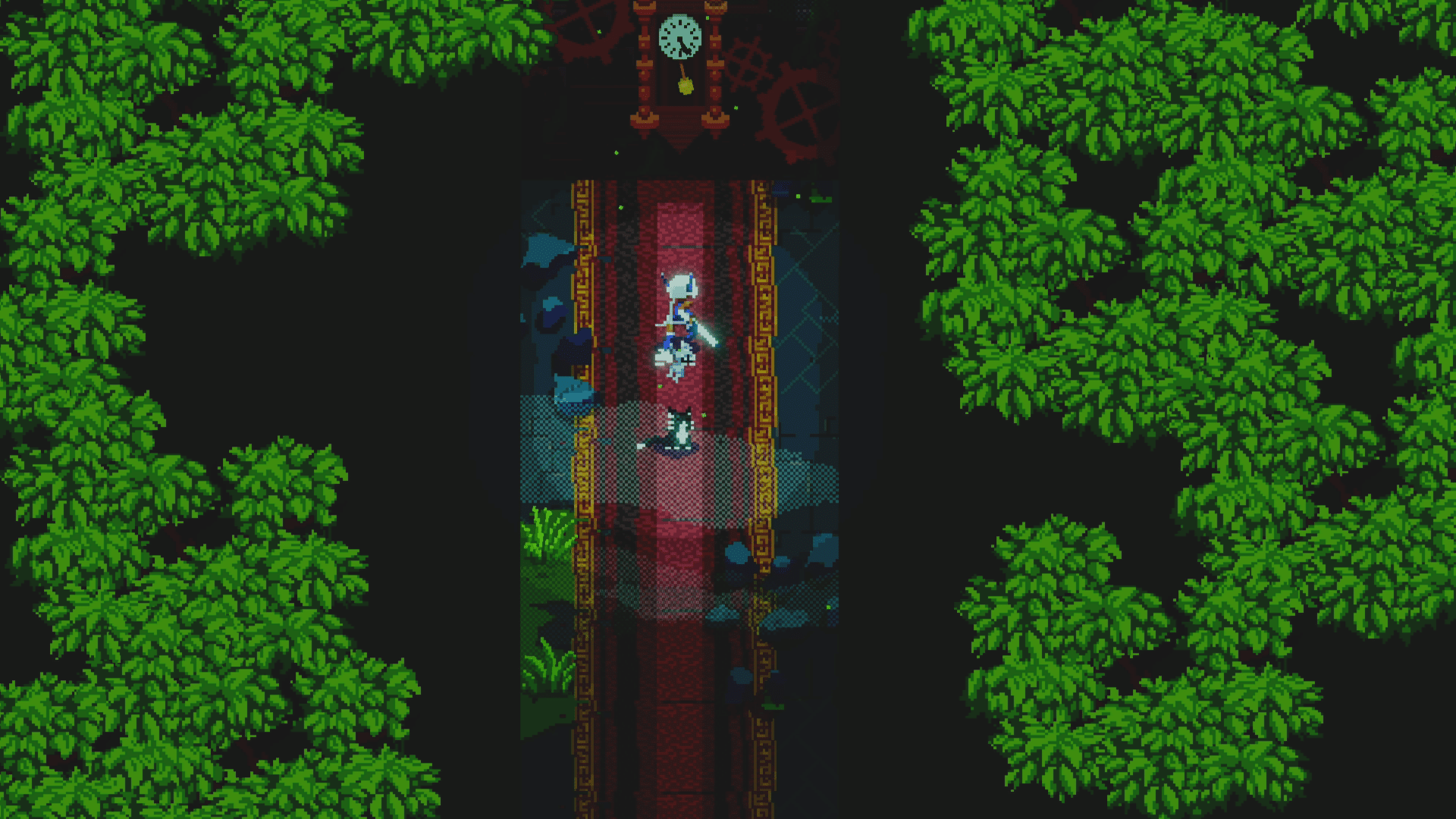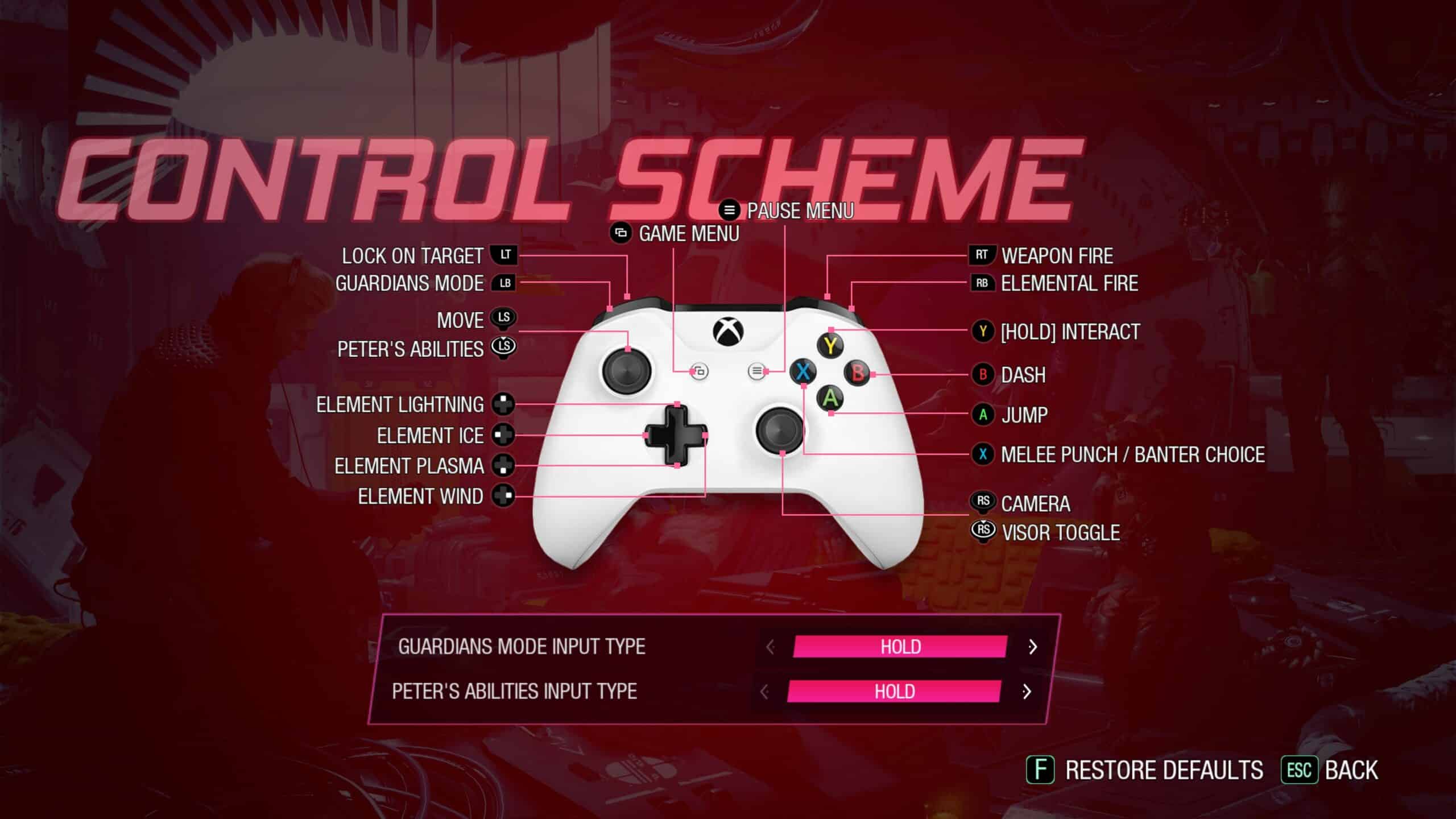Preservation is becoming an increasingly important topic in gaming. With so much of our past being left behind, great experiences and references are now lost on modern gamers. This has been an ongoing battle for Nippon Ichi Software. So many of their games reference previous experiences it’s to the point where Disgaea RPG players could have full teams of characters from titles they’ve never played.
Recognizing this problem they created the Prinny Presents series, along with releasing revisits like their latest, Rhapsody: Marl Kingdom Chronicles. This release is somewhat special due to the two games featured, Rhapsody II: Ballad of the Little Princess and Rhapsody III: Memories of Marl Kingdom never released outside of Japan. With so much riding on these experiences, are they worth visiting or did Nippon Ichi Software do us a favor by never releasing them in the past?
As the names suggest, both titles are linked to the first experience, Rhapsody: A Musical Adventure. Unfortunately, it is not included in this collection, though isn’t strictly required to enjoy it. If possible I would suggest checking out the Prinny Presents volume with it, if only to avoid certain spoils found in the later titles.
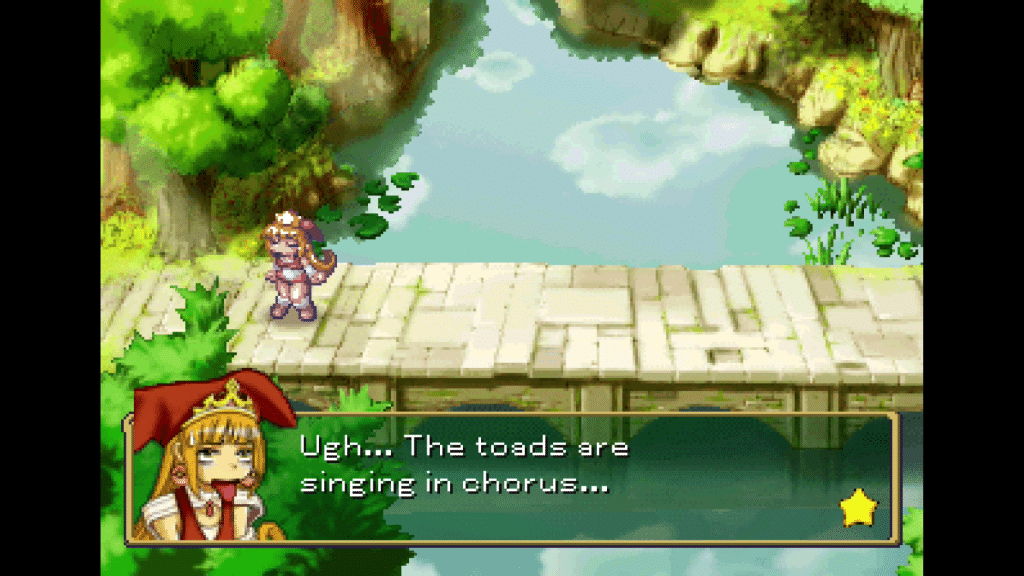
That Nippon Ichi Software Charm
Rhapsody II: Ballad of the Little Princess is the more stand alone of the two experiences. It’s a direct sequel to Rhapsody: A Musical Adventure, though it follows Kururu instead of her mother. It’s a cute love story told with a conflict between a larger narrative about finding shards.
Instead of fully building on the previous narrative, Rhapsody III: Memories of Marl Kingdom is more so a series of short stories set in the universe. It exists largely to answer questions from both previous titles, along with given a number of characters their conclusion. Unfortunately, this means there are a fair amount of spoilers that can negatively impact playing either of the previous games before.
Familiar Faces/Names Finally Explained
What fans will probably enjoy about these experiences is gaining insight on Nippon Ichi Software’s history. One of the biggest is seeing where the Rosenqueen name, which appears in Disgaea and was the original name for NIS America’s online shop. Another fairly large one is the witch known as Marjoly. She was an optional boss in early Disgaea titles and easily one of the least remembered characters featured.
Despite the connection to Disgaea and Rhapsody: A Musical Adventure being tactical RPGs, Nippon Ichi Software went to a more traditional turn-based system. This removes some of the charm, since you can see the foundation for Disgaea: Hour of Darkness in Rhapsody: A Musical Adventure, but on the other hand is nice because Nippon Ichi Software has dabbled in a wide variety of other RPG genres.
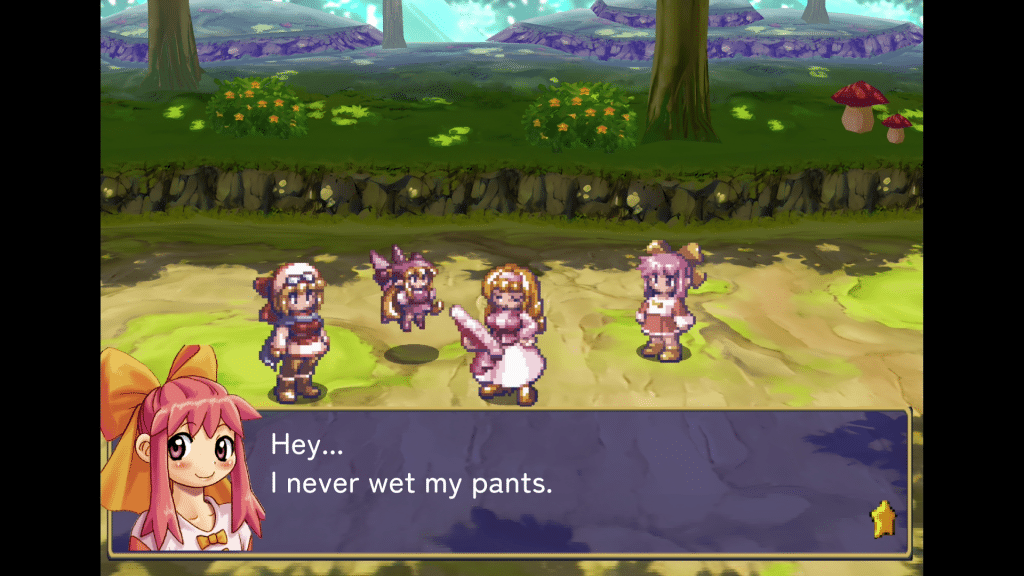
That being said, it’s a pretty standard experience compared to RPGs at the time. Minor fights can be bested without much hassle, with bosses generally requiring a little more strategy. Regular attacks can be boosted with magic, along with equipment to complete your build. Fights are also random encounters that take place on a relatively linear open-world path.
Despite the simplicity, it’s still an enjoyable RPG. NIS America did go a step further and added an auto to make grinding/playing easier. It’s one of few quality of life features, though one that will make the largest impact.
Unsurprisingly, Rhapsody III: Memories of Marl Kingdom is the more modern of the two. It features more refined graphics and designs that were made possibly with PlayStation 2. Still, both experiences feel like what you’d expect for the time. Largely simple and empty areas, charming sprites, and so forth. In fact, most of what carries the adventures is ’90s anime feel and the same humor they’re known for.
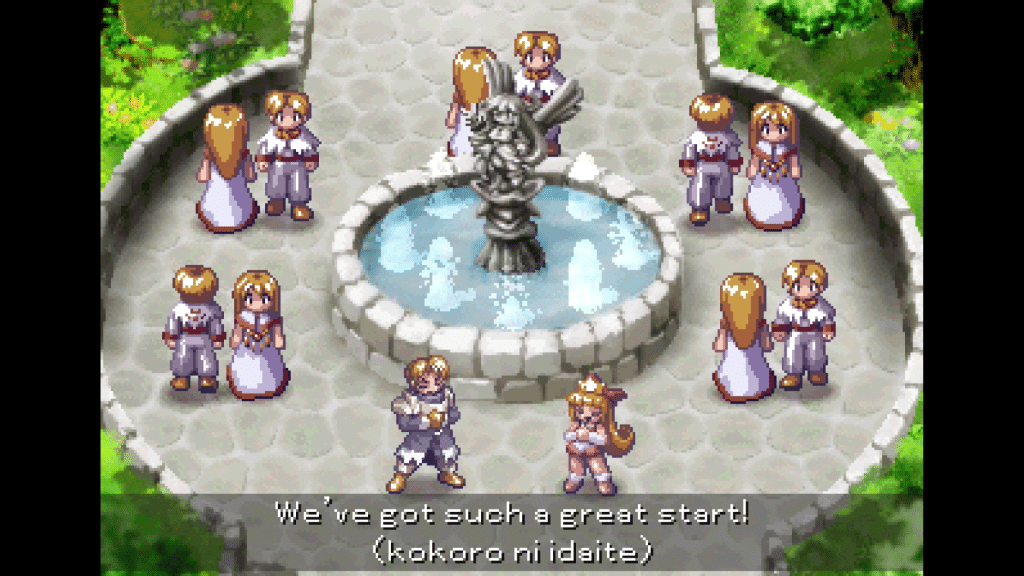
One touch I did want to touch on is voice acting. I typically note whether Japanese/English is present as a good/bad to make things easier, something that will unfortunately change going forward, but this is something of a unique situation. Since the originals did not release in the west, the inclusion of both languages is a surprising touch. The only thing I noticed during my brief time playing English were songs remained in Japanese. I wasn’t sure if they’d go this route or do something like older English anime series did. It’s a fair compromise, as is including the Japanese lyrics and their translations as subtitles.
Rhapsody: Marl Kingdom Chronicles: I genuinely love that NIS America is revisiting their past catalogue. Every title might not leave the same impact it originally did, but allowing a new generation of gamers to experience these titles is always welcome. It would be nice if they were a bit more modern and the first experience was included. Still, the included package was more than I expected. So if you loved the original and wanted to see the rest of the story play out, I would say this collection is a must. – Grant
[Editor’s Note: Rhapsody: Marl Kingdom Chronicles was reviewed on PlayStation 5, and a copy was provided to us for review purposes.]

